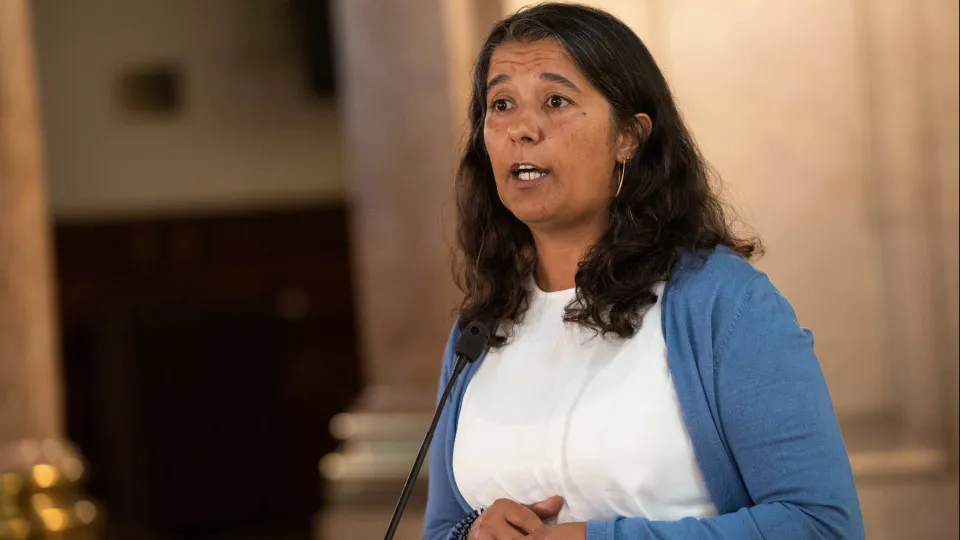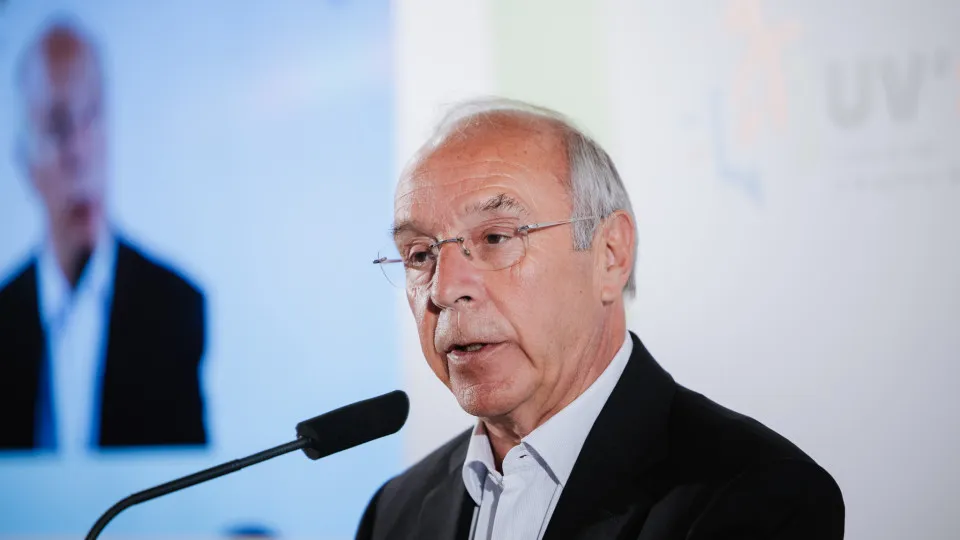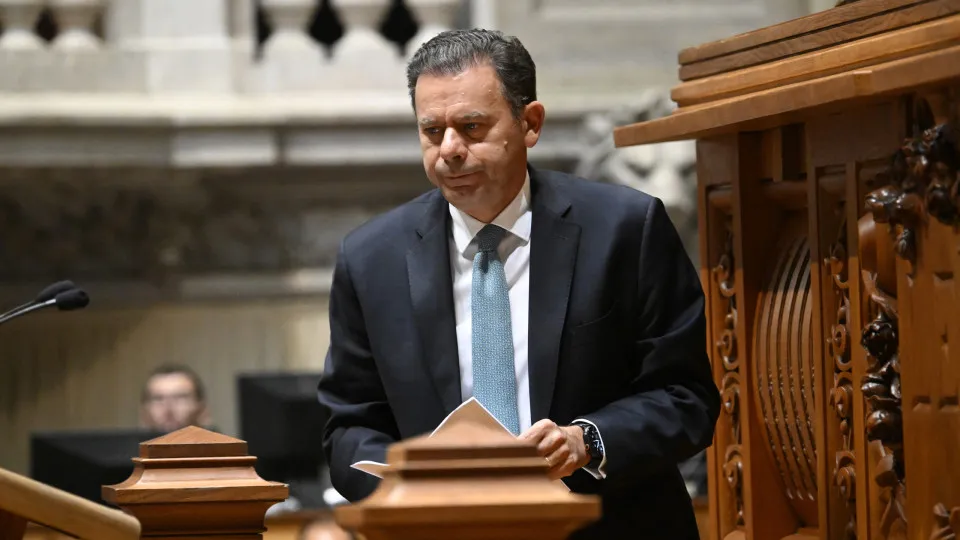
Leading the press conference at the Assembleia da República, Paula Santos, the parliamentary leader of the PCP, conveyed the party’s initial ten budgetary proposals while criticizing the ruling government of Luís Montenegro for allegedly prioritizing a surplus at the expense of public investment.
The communist faction suggests raising the National Minimum Wage from the current 870 euros to 1,050 euros starting next year. The proposal also calls for an increase in purchasing power for public administration workers, including those in public and local enterprise sectors.
Paula Santos emphasized the need for this increase, given the “accumulated losses in purchasing power exceeding 20%” experienced by these workers since 2010. An increment of at least 150 euros is suggested as a reference point in collective bargaining with the government.
Regarding meal allowances, the PCP proposes an update to 12 euros per day.
The party advocates for a 5% increase in pensions, ensuring a minimum hike of 75 euros per pensioner, arguing that the government’s planned adjustment falls short of necessity.
In the health sector, the PCP will resurrect its proposal for an exclusive dedication scheme for health professionals. This plan includes a 50% increase in base salary and enhanced career progression, alongside free medication in health centers and community pharmacies for users over 65, chronically ill patients, and economically disadvantaged individuals.
The expansion of a public daycare network by 2026 is a PCP priority, aiming for full territorial coverage by 2031.
A day after numerous students protested in Lisbon against tuition fees and demanded more social support, criticizing the government’s planned freeze lift in 2026, the PCP suggests eliminating tuition for undergraduate, integrated master’s, master’s, and doctoral programs, as well as for professional technical higher education courses. It also suggests scrapping related fees and charges.
This elimination should occur within two years with proper compensations for higher education institutions, Paula Santos explained, criticizing that “54% of the revenues of higher education institutions” stem from such sources.
In housing, the PCP aims to ensure rental contracts have a minimum duration of ten years, while also setting limits on evictions and rents for new contracts to regulate and reduce current pricing.
The communist faction is also suggesting that the price of bottled gas be set at 20 euros.
When questioned about the budgetary impact of these measures, Paula Santos stated that the party would present other compensatory proposals. She highlighted that the corporate tax reduction proposed by the government signifies a “revenue sacrifice of around two billion euros,” and criticized the choices of the PSD/CDS-PP government.
The PCP proposes a different direction, advocating “for a fair tax policy, economic development to boost national production,” and “a fair distribution of created wealth,” in contrast to it being “appropriated by economic groups.”
The State Budget for 2026 was approved in general on Tuesday in parliament, with votes in favor from the PSD and CDS-PP and abstentions from the PS, PAN, and JPP.
Parties Chega, IL, Livre, PCP, and BE voted against the PSD/CDS-PP government’s proposal.




